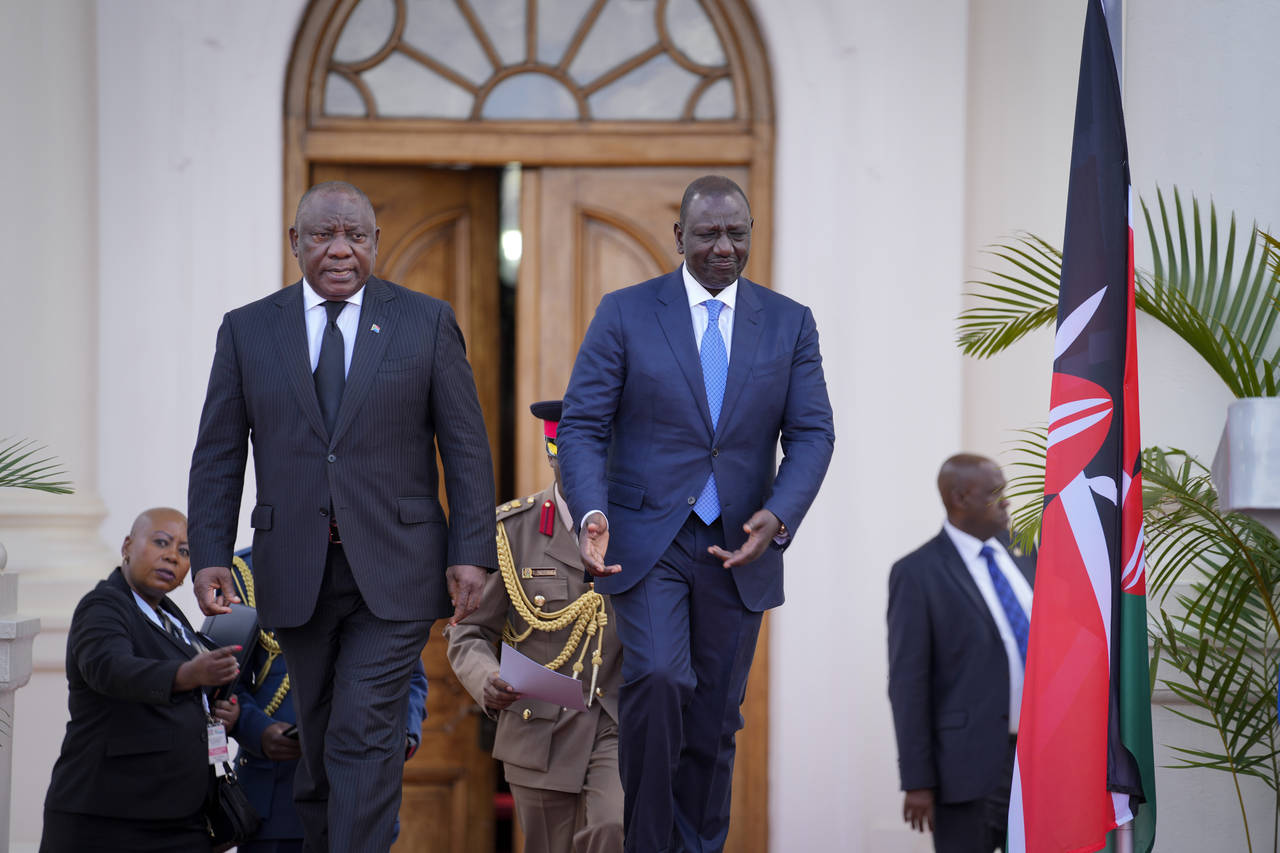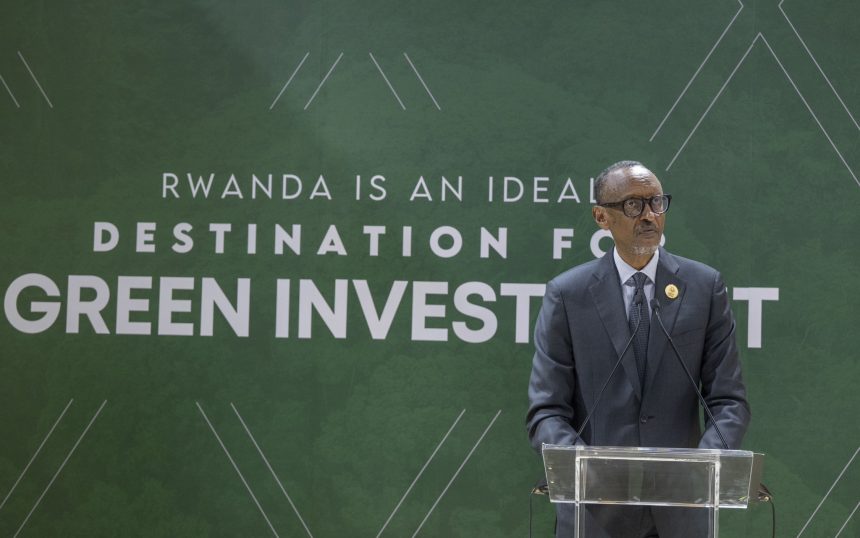Ghana is set to benefit from the United Kingdom’s investment in West Africa’s agriculture sector through increased trade and jobs.
This was contained in a statement issued by the British High Commission and copied to the Ghana News Agency on the COVID-19 and Russia’s invasion of Ukraine had exacerbated the challenges of energy, finance, and food security.
It stated that; “The UK, Ghana, ECOWAS and other partners were working together to ensure that Ghana produced more rice, facilitated trade, and reduced costs on the consumer.
“Through the Africa Food Trade and Resilience programme, the UK Government, alongside strategic partners, was investing £450,000 to establish the ‘ECOWAS Rice Observatory’ (ERO) and its national chapter, known as the ‘Ghana Competitive Africa Rice Platform (CARP)”.
According to the statement, this new public-private sector platform would identify and spur reforms to increase investment into the ECOWAS rice value chain.
This support for Ghana and other ECOWAS countries would reduce the £2.6 billion annual cost of importing rice to West Africa and potentially create more than 385,000 new jobs in the rice value chain across West Africa.
Ms Harriet Thompson, the British High Commissioner to Ghana in an interaction with the Press, said: “The numbers speak for themselves: there is so much potential for growing the rice sector here in Ghana and across West Africa”
“The ECOWAS Rice Observatory will support the growth of the rice industry and increase trade and investment opportunities in the market.”
“At a time when many countries around the world are facing food insecurity as a result of Russia’s illegal war in Ukraine, I am confident this project will strengthen the food system here in Ghana and across the region, now and in the future.”
The ERO provides a platform for rice stakeholders to understand patterns of demand and production, seize trade, investment and reform opportunities, understand the impacts of climate change, and work towards resilient food security. The UK was also working with international partners to secure finance to respond to the global food crisis, which had been driven by climate change, and COVID-19.


